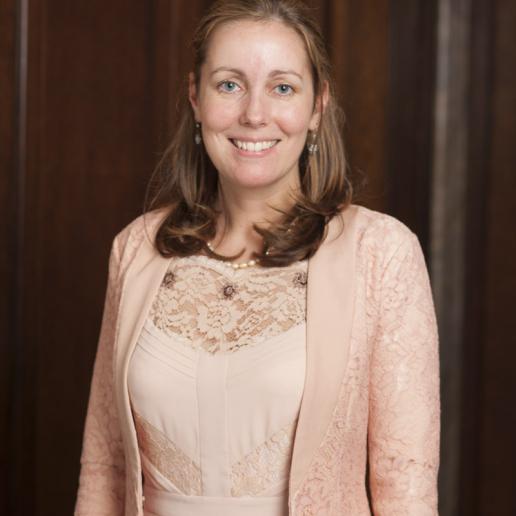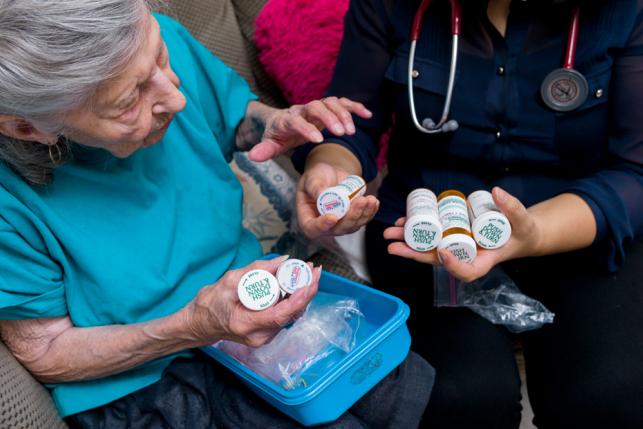Placement: Stanford University Law School
Mentor: Michelle Mello, Ph.D., J.D., M.Phil. (Stanford University Law School and Stanford University School of Medicine)
Project: Resolving Medical Injuries Through Communication and Compensation
Jennifer Moore, Ph.D., L.L.B., M.A., is a 2015–16 New Zealand Harkness Fellow in Health Care Policy and Practice. She is currently an affiliate senior research fellow in law and a senior lecturer in preventive and social medicine at the University of Otago. Until recently, Moore was the acting director of the Legal Issues Center at the University of Otago, where she led a Law Foundation-funded investigation on the health policy impact of New Zealand coroners’ recommendations, as well as conducted research on complaints against lawyers with health impairments. Moore is the recipient of 17 awards, including the Ryoichi Sasakawa Young Leaders’ Fellowship, which is given to graduate students who have “displayed high potential for future leadership.” She has published 32 peer-reviewed publications, and her research has been cited by District Health Boards and in New Zealand health legal judgments such as Chapman. She holds a practicing certificate as a barrister and solicitor and also has a Ph.D. in public health from the University of Melbourne. Moore has previously served as a legal advisor to the New Zealand Law Commissioners and currently serves on the New Zealand Law Society Health Law Committee.
Project Abstract
How can healthcare organizations resolve medical injuries, and facilitate enduring therapeutic relationships in appropriate cases, through the use of communication and compensation, rather than medical malpractice litigation? Moore’s project will examine this question by analyzing legal data, and US and NZ interviews, to identify best practices that can be applied to foster the continuance of relationships in appropriate cases. The results will contribute significantly to a longstanding problem in health policy: how to improve the resolution of medical injuries. Research suggests that patients’ responses to medical injuries are complex, yet there is little in-depth, qualitative data about what happens to therapeutic relationships after medical injuries, or about patients’ experiences, expectations and decision-making during that time. There is debate about the role that healthcare providers should play in assisting injured patients. Certain approaches encourage physicians to remain involved as the patient recovers because this approach is believed to “effect a positive resolution.” Alternate research suggests that it may be prudent to exclude physicians from compensation discussions, since assistance provided by potential malpractice defendants may be judged untrustworthy. An important aim of the project is to inform the design of communication-and-resolution programs (CRPs) in the US. CRPs are efforts by hospital systems and medical liability insurers to identify and disclose medical injuries, offer an appropriate apology, explanation, and compensation to affected patients, and apply lessons learned to improve patient safety. While primarily focused on the design of CRPs, this research will also provide important information for NZ policymakers in terms of Accident Compensation Corporation (ACC) reform.
Career Activity since Fellowship:
Current Positions: Senior Lecturer of Law, University of New South Wales (UNSW) Faculty of Law (updated 04/2017)
Email: [email protected]

